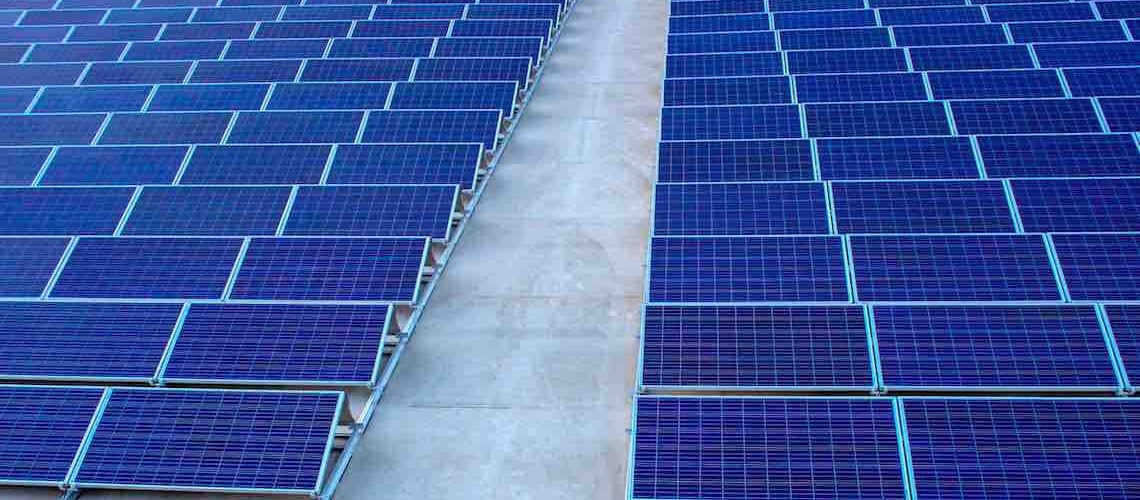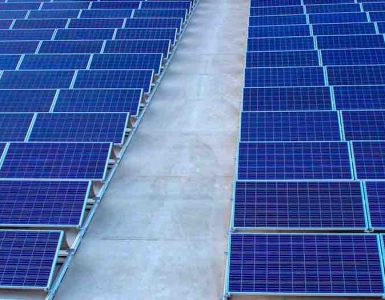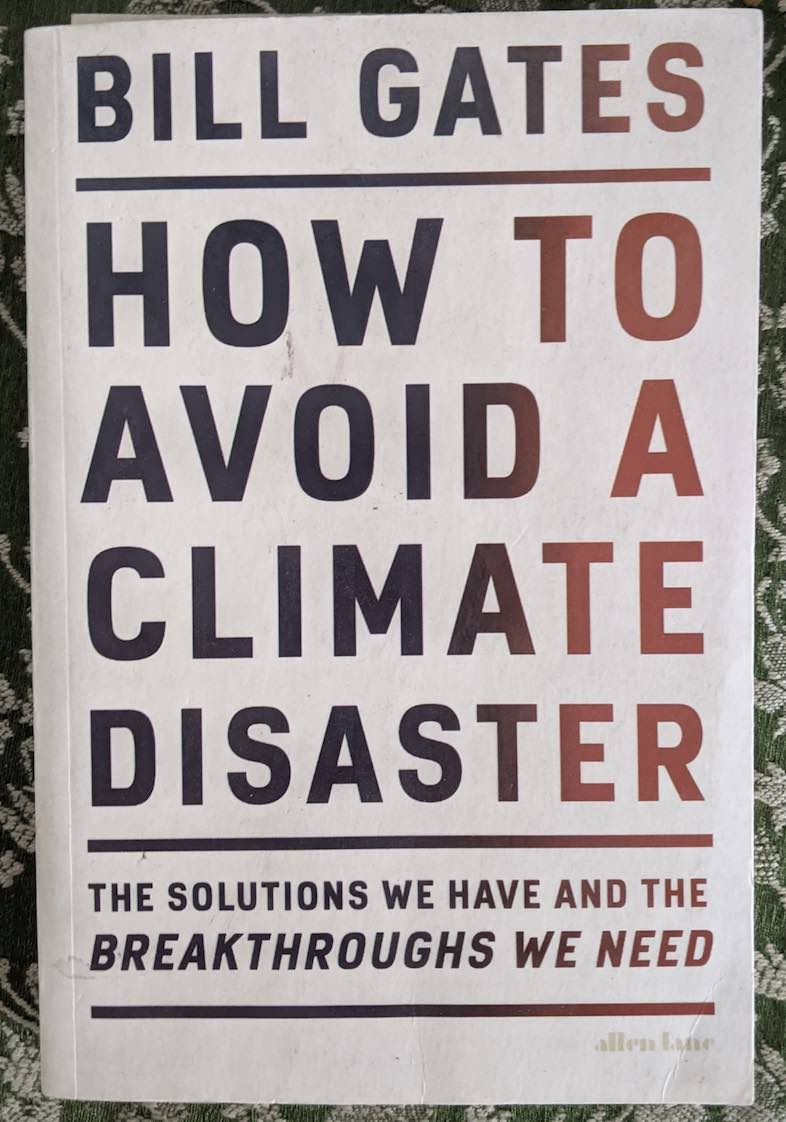June 22, 2023, will be written as a historic day in the relationship between India and USA. On this date, the two counties issued a joint statement, which has the potential to usher in transformational reforms in a range of sectors.
The 58-paragraph joint statement covers technology, defense, space, climate, economic investments, trade, education, health, people-to-people links, and strategic convergences across geographies, platforms, and institutions. The joint statement was made during India’s Prime Minister Narendra Modi’s first official state visit to the United States.
Narendra Modi and US President Joe Biden and their respective teams deliberated, discussed and agreed on various subjects. While defense, space, trade, and technology were the key areas of partnership, it was interesting to see seven paragraphs (points 17 to 23) dedicated to climate action, which was encapsulated under ‘Clean Energy Transition.’
As significant economies of the world, Delhi and Washington share a common and ambitious vision to rapidly deploy clean energy at scale, build economic prosperity, and help achieve global climate goals.
Let us look at the major points mentioned in the joint statement between India and USA regarding climate action.
The leaders highlighted the India-U.S Climate and Clean Energy Agenda 2030 Partnership and Strategic Clean Energy Partnership (SCEP) as reflective of this commitment. The leaders welcomed joint efforts to develop and deploy energy storage technologies, including through the establishment of a new task force under SCEP.
Accelerating cooperation in green hydrogen, offshore and onshore wind, and other emerging technologies will be part of the India-U.S New and Emerging Renewable Energy Technologies Action Platform. The two nations will collaborate to reduce the cost of green/clean hydrogen under India’s National Green Hydrogen Mission and the U.S. Hydrogen Energy Earthshot.
The United States welcomed India’s decision to co-lead the multilateral Hydrogen Breakthrough Agenda. The two leaders from India and USA called for the development of joint efforts in carbon capture, utilization, and storage, given its role in reducing emissions.
The joint statement also highlighted the Indian company’s investment in the US market in the clean energy space.
VSK Energy, a new venture backed by Indian solar panel maker Vikram Solar to invest up to $1.5 billion to develop a new, vertically integrated solar panel manufacturing operation in the United States. Another Indian company JSW Steel plans to invest $120 million at its Mingo Junction, Ohio, steel plant to serve better-growing markets in the renewable energy and infrastructure sectors.
Prime Minister Modi and President Biden underscored the importance of decarbonizing the transportation sector by accelerating the deployment of zero-emissions vehicles, continued collaboration to promote public and private financing for electric transportation, and the development of biofuels, including sustainable aviation fuels. To this end, the leaders lauded the creation and development of the Global Biofuels Alliance, which will be launched in July 2023, with the United States as a founding member.
Both leaders welcomed signing an MOU under which the U.S. Agency for International Development will support Indian Railways’ ambitious target to become a “net-zero” carbon emitter by 2030.
India and USA also announced plans to create a payment security mechanism to facilitate the deployment of 10,000 made-in-India electric buses in India, augmenting India’s focused efforts in reducing greenhouse gas emissions, improving public health, and diversifying the global supply chain.
The two countries are committed to creating innovative investment platforms that will effectively lower the cost of capital and attract international private finance at scale to accelerate the deployment of greenfield renewable energy, battery storage, and emerging green technology projects in India. The United States and India will endeavor to develop a first-of-its-kind, multibillion-dollar investment platform to provide catalytic capital and de-risking support for such projects.
Prime Minister Modi and President Biden reaffirmed their support for the International Energy Agency (IEA) mission. President Biden pledged to continue working with the Government of India, IEA members, the IEA Secretariat, and other relevant stakeholders toward IEA membership for India following the Agreement’s provisions on an International Energy Program.
Prime Minister Modi and President Biden affirmed the intention of the two governments, as trusted partners, to work together to ensure that respective markets are well-supplied with the essential critical minerals needed to achieve our climate, economic, and strategic technology cooperation goals.
India and USA pledged to hasten bilateral collaboration to secure resilient critical minerals supply chains through enhanced technical assistance, greater commercial cooperation, and exploration of additional joint frameworks as necessary.
The United States welcomes India as the newest partner in the Mineral Security Partnership (MSP) to accelerate the development of diverse and sustainable critical energy minerals supply chains globally while agreeing to the principles of the MSP, including environmental, social, and governance standards.
India’s Epsilon Carbon Limited will invest $650 million in a U.S. greenfield electric vehicle battery component factory.
Prime Minister Modi and President Biden underscored nuclear energy’s important role in global decarbonization efforts. They affirmed nuclear energy as necessary to meet energy transition and energy security needs.
The leaders noted ongoing negotiations between the Nuclear Power Corporation of India Limited (NPCIL) and Westinghouse Electric Company (WEC) to construct six nuclear reactors in India. They welcomed intensified consultations between the U.S. DOE and India’s DAE to facilitate WEC’s opportunities to develop a techno-commercial offer for the Kovvada nuclear project. They also noted the ongoing discussion on developing next-generation small modular reactor technologies collaboratively for the domestic market and export. The United States reaffirms its support for India’s membership in the Nuclear Suppliers Group and commits to continue engagement with like-minded partners to advance this goal.
The leaders recognize that addressing sustainable consumption and production is crucial to achieving the development, environment, and climate ambitions of the 2030 Agenda for Sustainable Development and the SDGs. In this regard, President Biden welcomed Prime Minister Modi’s Lifestyle for Environment initiative (LiFE) as a successful national model to address the impacts of climate change, biodiversity loss, desertification, and land degradation and resolved to work together to implement the G20 High-Level Principles on Lifestyles for Sustainable Development.






Add comment